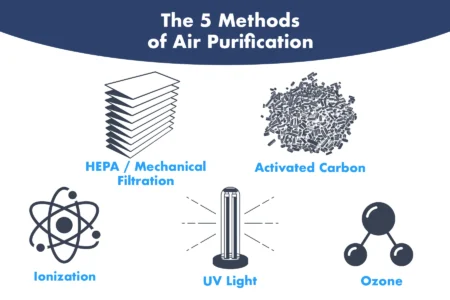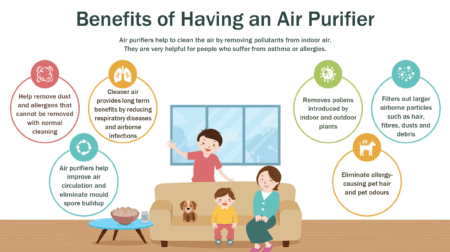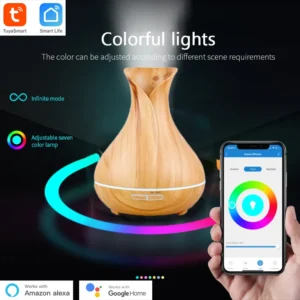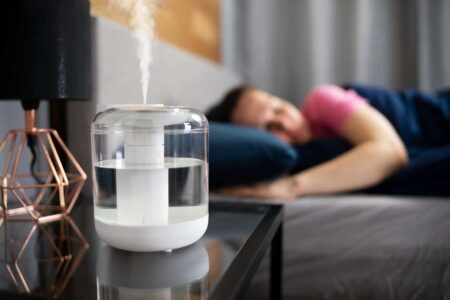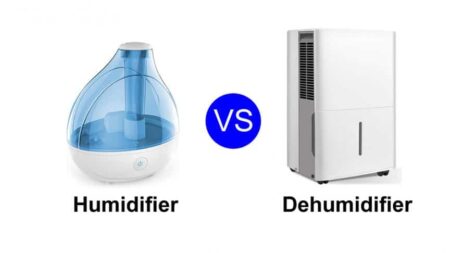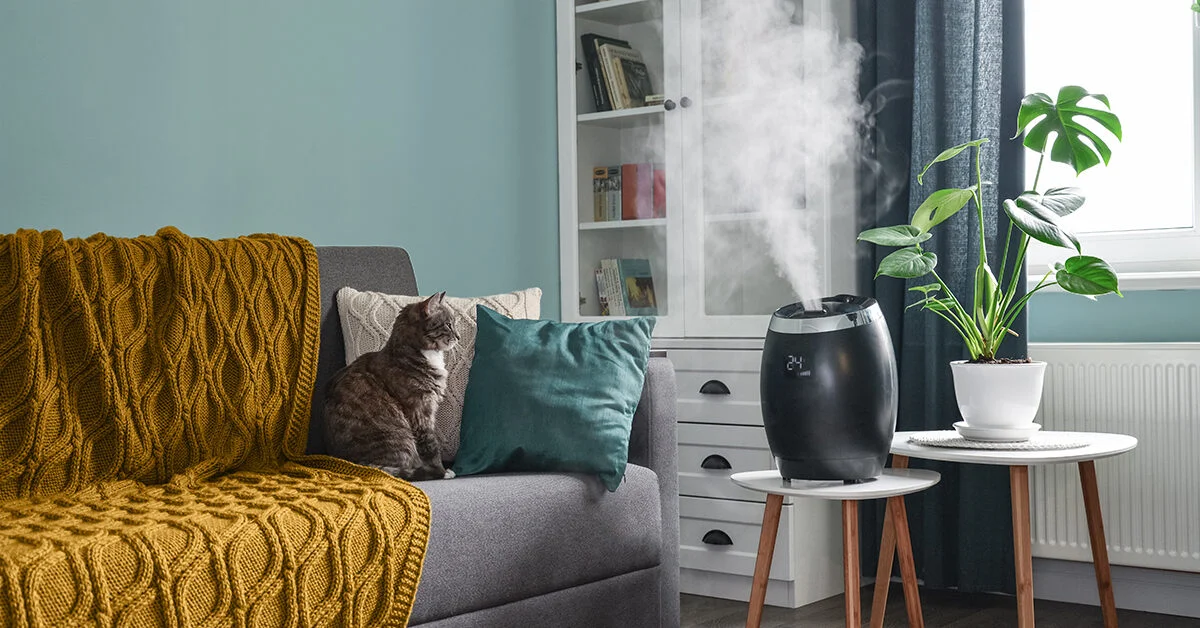

Humidifiers for Allergies and Sinus Relief: Managing Symptoms with Proper Humidity
Explore how humidifiers can alleviate allergies and sinus symptoms by maintaining proper humidity levels. Discover the benefits, considerations, and tips for using humidifiers to manage and reduce allergy-related discomfort.
Introduction:
Allergies and sinus issues can significantly impact our daily lives, causing discomfort and hindering productivity. While there are various treatment options available, one often overlooked solution is using a humidifier. In this article, we will delve into how humidifiers can effectively manage allergies and sinus symptoms by maintaining proper humidity levels, providing relief, and improving overall well-being.
The Role of Humidity in Allergy and Sinus Relief:
Humidity plays a vital role in managing allergies and sinus congestion. Dry air can exacerbate symptoms, such as nasal congestion, sneezing, and itchy eyes. By introducing moisture into the air through a humidifier, you can create an environment that helps alleviate discomfort and promotes sinus relief.
Benefits of Humidifiers for Allergy and Sinus Relief:
- Moisturizes Nasal Passages: Dry air can cause the nasal passages to become dry and irritated, leading to congestion and discomfort. Humidifiers add moisture to the air, keeping nasal passages hydrated and easing sinus congestion.
- Reduces Irritants: Humidifiers help reduce airborne irritants, such as dust, pet dander, and pollen, by making them heavier and causing them to settle faster. This can minimize exposure to allergens and alleviate allergy symptoms.
- Soothes Dryness: Dry air can cause dry, itchy skin and eyes, further aggravating allergy symptoms. By maintaining proper humidity levels, humidifiers can help soothe these symptoms and provide relief.
Choosing the Right Humidifier:
- Type of Humidifier: Consider the type of humidifier that best suits your needs. Options include cool mist, warm mist, evaporative, and ultrasonic humidifiers. Each type has its advantages and considerations, so choose the one that aligns with your preferences and specific requirements.
- Coverage Area: Assess the size of the room or area where you experience the most allergy or sinus symptoms. Ensure that the humidifier you select has the capacity to effectively humidify the space.
- Adjustable Humidity Levels: Look for a humidifier that offers adjustable humidity settings. This allows you to customize the humidity levels based on your comfort and specific symptom management needs.
Humidifier Maintenance and Tips:
- Regular Cleaning: Proper maintenance is crucial to prevent the growth of mold or bacteria. Follow the manufacturer’s instructions for cleaning and disinfecting your humidifier at regular intervals.
- Use Clean Water: Use distilled or filtered water to minimize mineral buildup and prevent the dispersal of impurities into the air. This helps maintain a clean and healthy environment.
- Monitor Humidity Levels: Invest in a hygrometer to monitor humidity levels in the room. Aim for a relative humidity range of 40% to 50% to promote optimal comfort and symptom relief.
Conclusion:
Humidifiers can be a valuable tool in managing allergies and sinus symptoms by maintaining proper humidity levels. By moisturizing nasal passages, reducing irritants, and soothing dryness, humidifiers provide effective relief. When choosing a humidifier, consider the type, coverage area, and adjustable humidity settings. Remember to perform regular maintenance and monitor humidity levels to ensure optimal results. With the help of a humidifier, you can take control of your allergies and sinus discomfort, improving your overall well-being.


